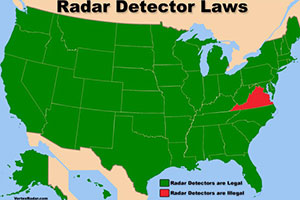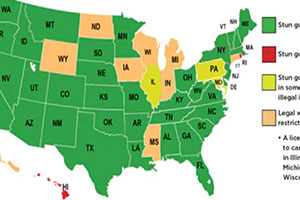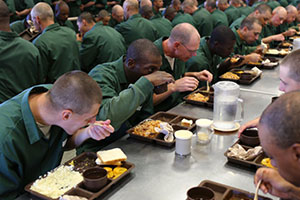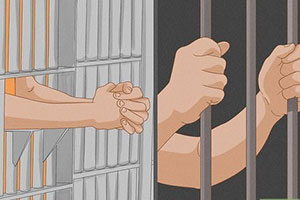What Happens If You Miss Jury Duty?
Q&A | by
Serving on a jury isn’t at the top of most people’s wish list. The demands of work, academics, childcare, or other duties make it difficult. Nonetheless, if you’re unable to reschedule or claim a valid hardship, attending as summoned for jury duty is a must. Failing to fulfill this obligation can result in serious legal repercussions.
Understanding Jury Duty
As a U.S. citizen with a driver’s license, state ID, or registered to vote, your details are on file for jury duty selection. You’ll be notified to appear on a specified date and time.
Should a scheduling conflict arise, or if you’re unavailable, courts typically accommodate a rescheduling request. This allows you to select a more suitable date for your jury service.
For those facing significant hardships, like caregiving responsibilities, being a student, or experiencing financial strain, you may petition the court for exemption. Valid excuses are often respected, but be prepared to substantiate your claim with appropriate documentation.
Ignoring Jury Duty Summons
Ignoring an initial summons usually leads to a second notice with an updated court date. Miss this, and fines may ensue.
Take Ventura County, California, as an example: with a 45% jury duty skip rate in 2015, penalties range from $250 for a first miss to $750 or $1,000—or even jail—for subsequent offenses. Yes, jail time is a potential outcome for dodging jury duty.
Upon selection as a juror, consistent attendance is compulsory. The legal system relies on juror participation for trials. Skipping jury duty can lead to contempt of court charges, attracting fines and possible jail time, at the judge’s discretion.
A notable case involved a Florida individual jailed for ten days for missing jury duty due to oversleeping. Public backlash eventually led to the contempt charge being overturned.
Potential Exemption from Serving
It’s unwise to gamble with the possibility of fines or imprisonment. Fulfill your civic responsibility by appearing as ordered. Many who show up aren’t ultimately chosen to serve. Courts often have their jury needs met and may dismiss you after a wait.
Automatic disqualifications may also apply. Initial screening includes a questionnaire which might exempt you if you’re a law enforcement officer, a firefighter, a government employee, under 18, non-English speaking, or have a felony record.
Even if you’re initially selected, the jury selection phase, which evaluates your background, experiences, and biases, might still disqualify you from serving on the case. Thus, the likelihood of actually serving on a jury might be lower than anticipated.









